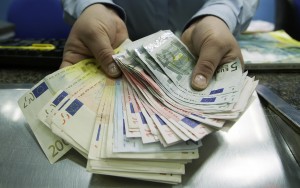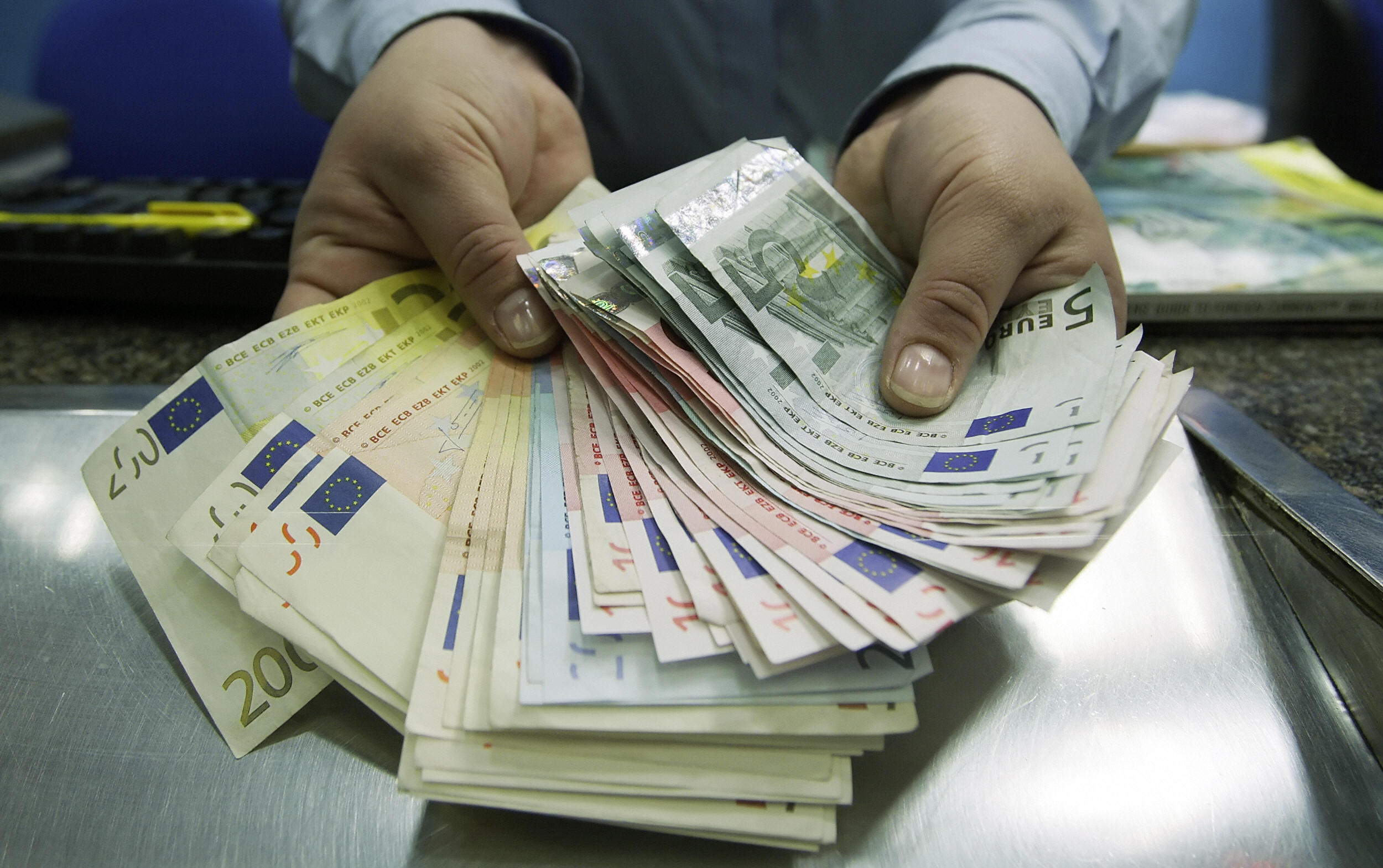
The price of the dollar continued to rise last week, after having previously stabilized for the two weeks prior to the anniversary of the 25 January Revolution.
The price of the dollar rose to EGP 7, with its selling price stabilizing at EGP 6.74 by the end of last week.
This price jump comes at a time when the country is suffering from a shortage of bank tenders, which has helped renew activity on the black market. The price of the dollar on the black market has risen as high as EGP 7.3, the highest rate recorded since the currency crisis began last month.
Egypt has suffered from widespread violence over the last week, with 50 dead, hundreds injured, and a state of emergency declared in three of the nation’s provinces.
According to data from the Central Bank of Egypt, the price of the dollar exchange rose last week by 5 piastres to EGP 6.67 for sellers and EGP 6.71 for buyers, as opposed to EGP 6.62 for sellers and EGP 6.66 for buyers by the end of the previous week.
A number of exchanges have also suffered from a shortage in foreign currency, particularly dollar reserves, as a result of banks hoarding dollars in order to address their own needs.
Officials report that many banks have chosen not to sell their supply of dollars in order to pay off their documentary credits and meet other important financial obligations. The Central Bank has also limited the amount of tenders issued to just two or three last week.
The price of dollar exchanges for small, limited amounts rose to EGP 6.76 for sellers and EGP 7.30 for buyers by the end of last week.
Karam Suleiman, president of the International Transactions Chamber for Barclay’s Bank, said that an increase in the price of the dollar was inevitable considering the widespread violence witnessed in Egypt last week. Demand for the dollar has also increased as companies and bank clients increasingly seek to pay off their financial obligations in dollars, he said.
He added that there did in fact exist a large supply of dollars available in cash, but that the Central Bank’s refusal to distribute larger amounts of tender has prevented smaller banks from addressing their needs and those of their clients. This is especially true, he said, considering that many currency exchanges take place amongst unknown institutions and individuals.




